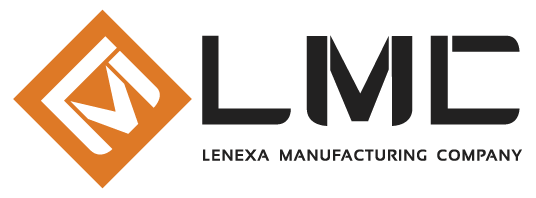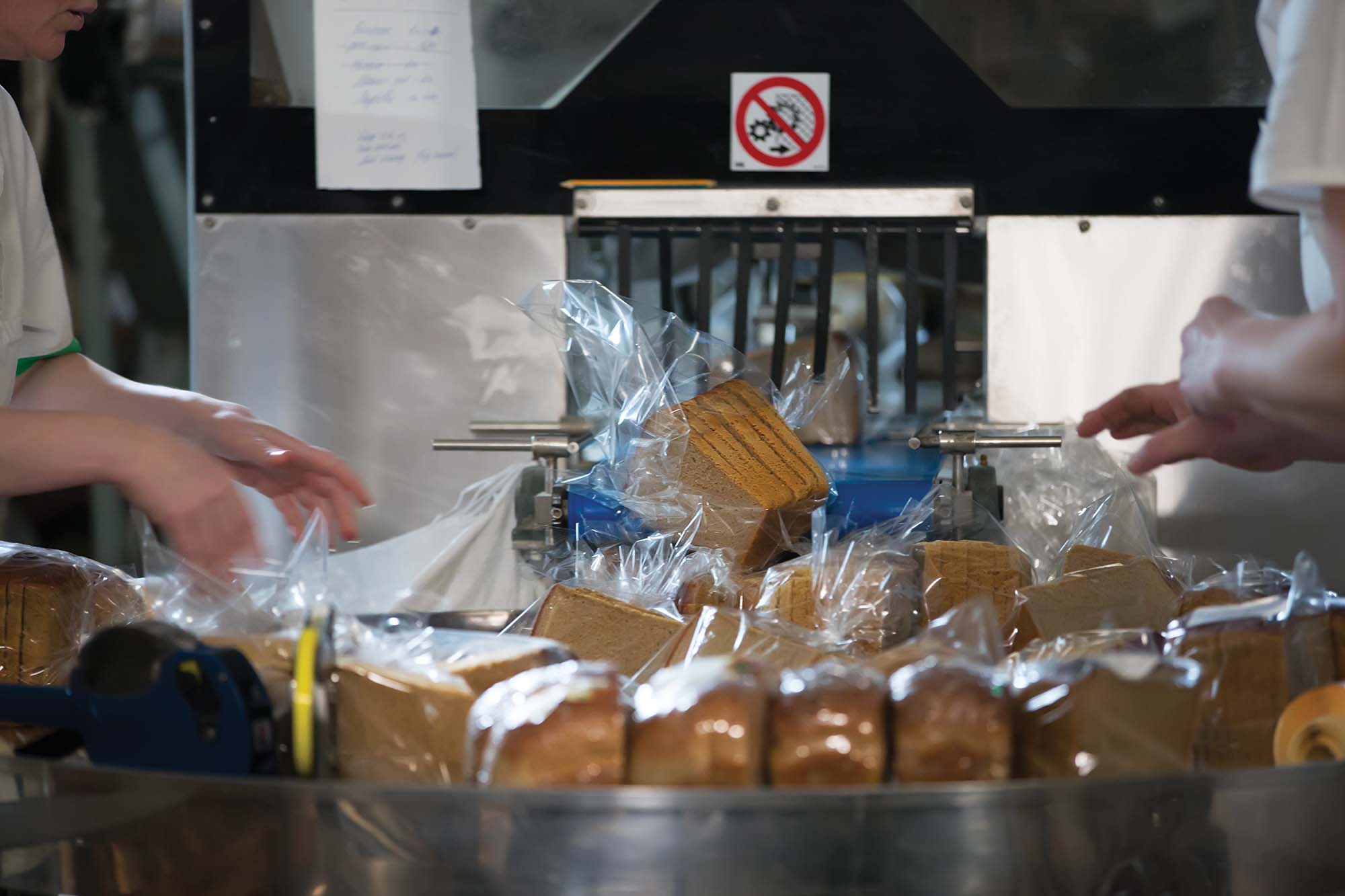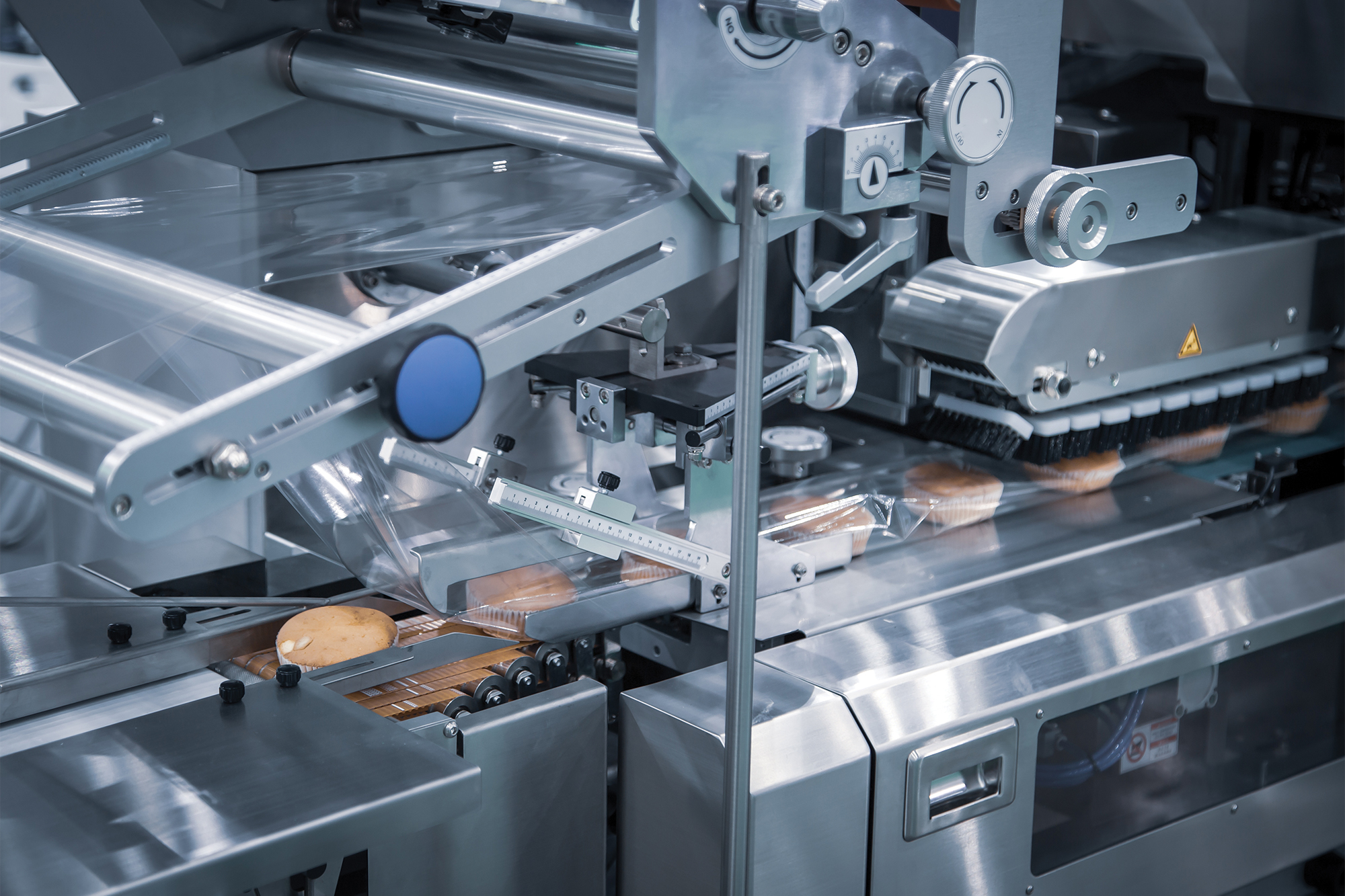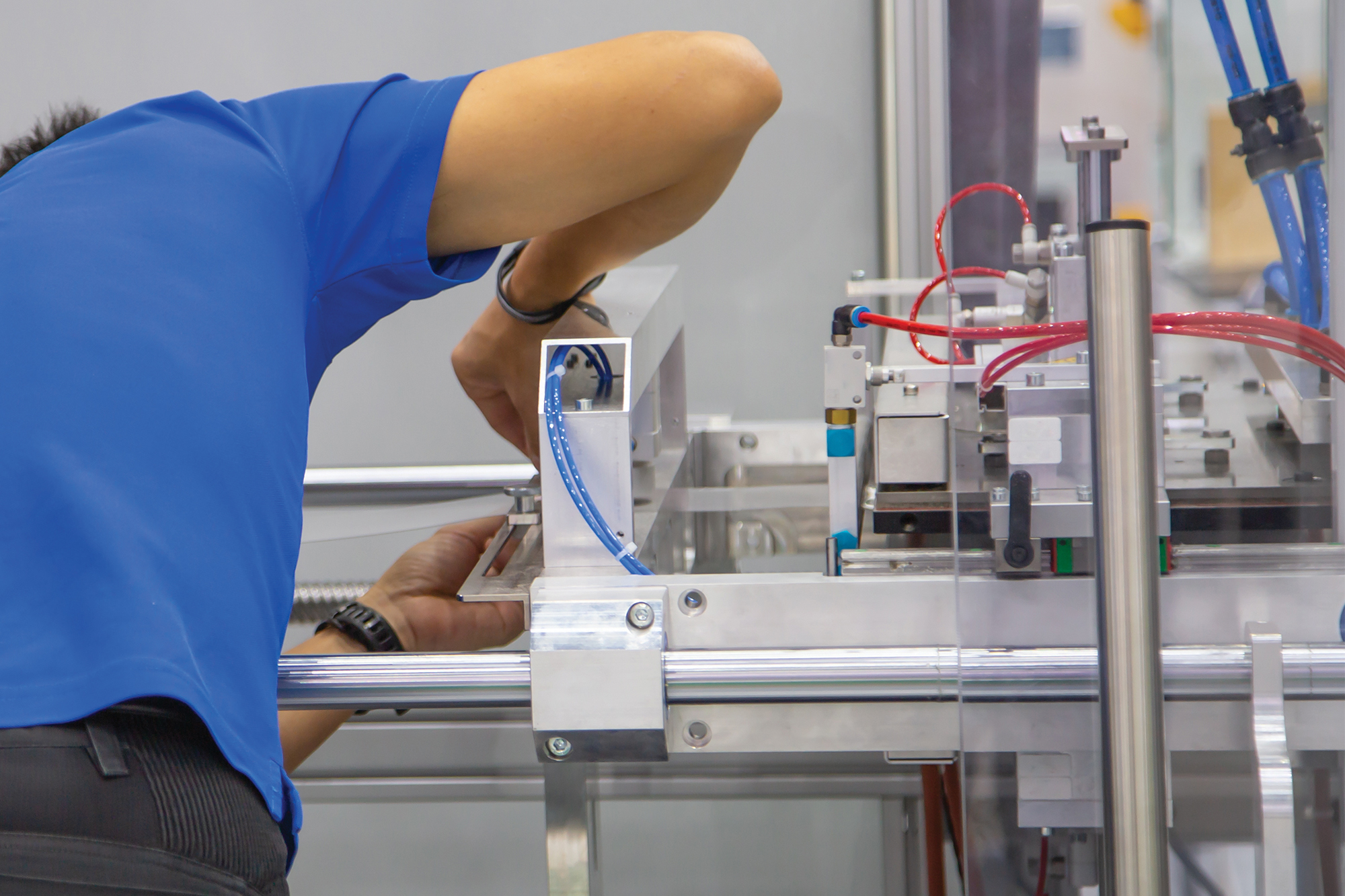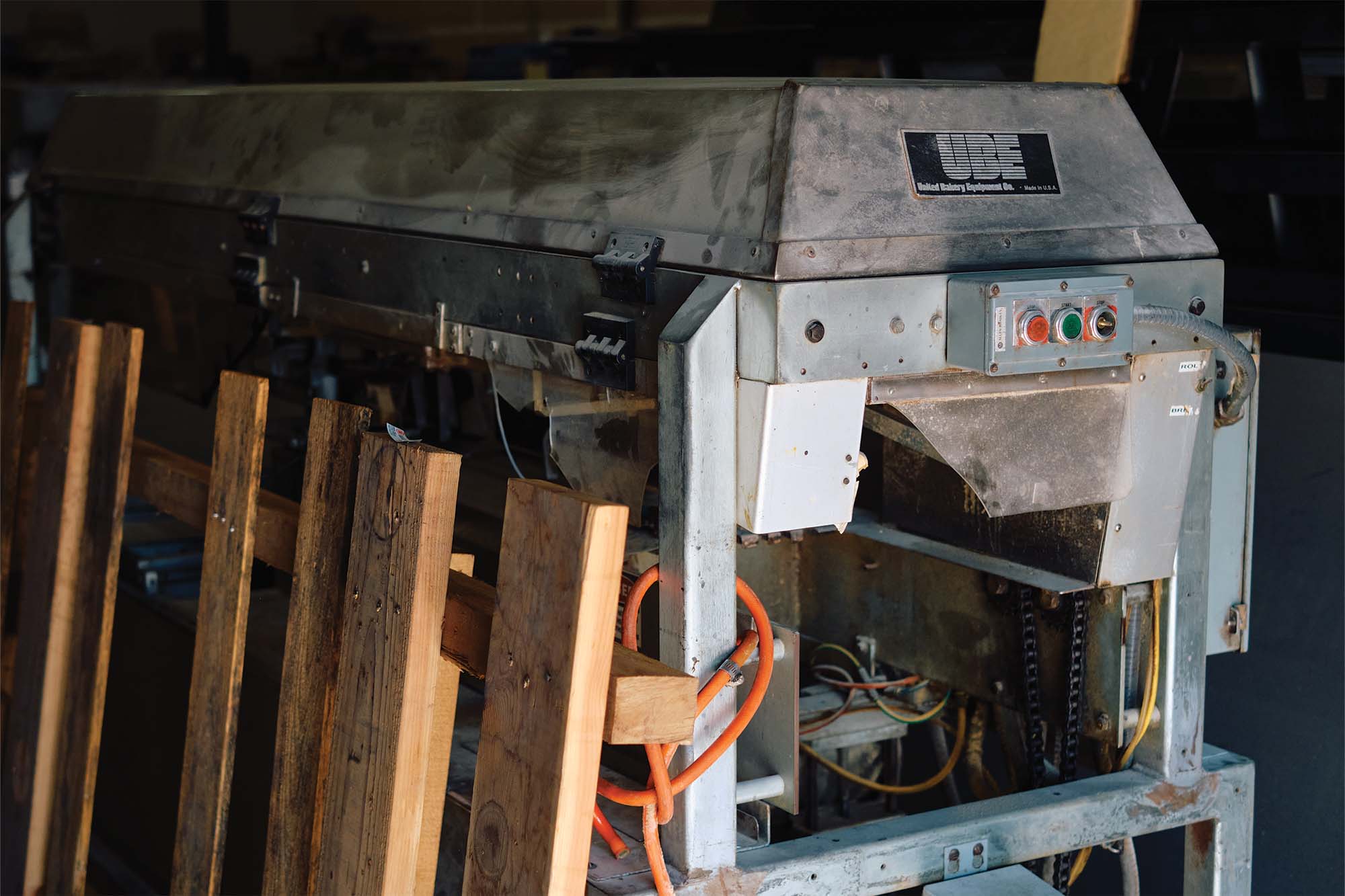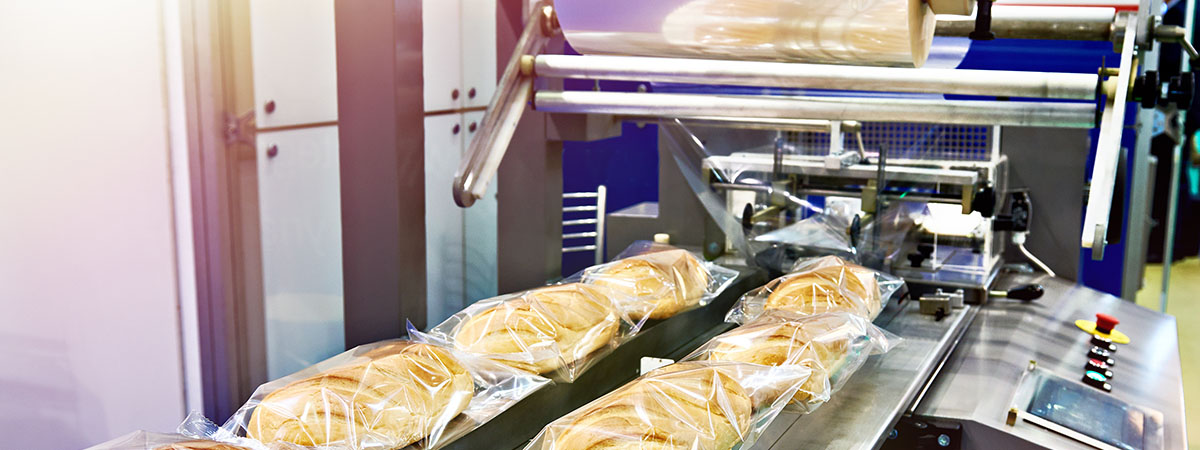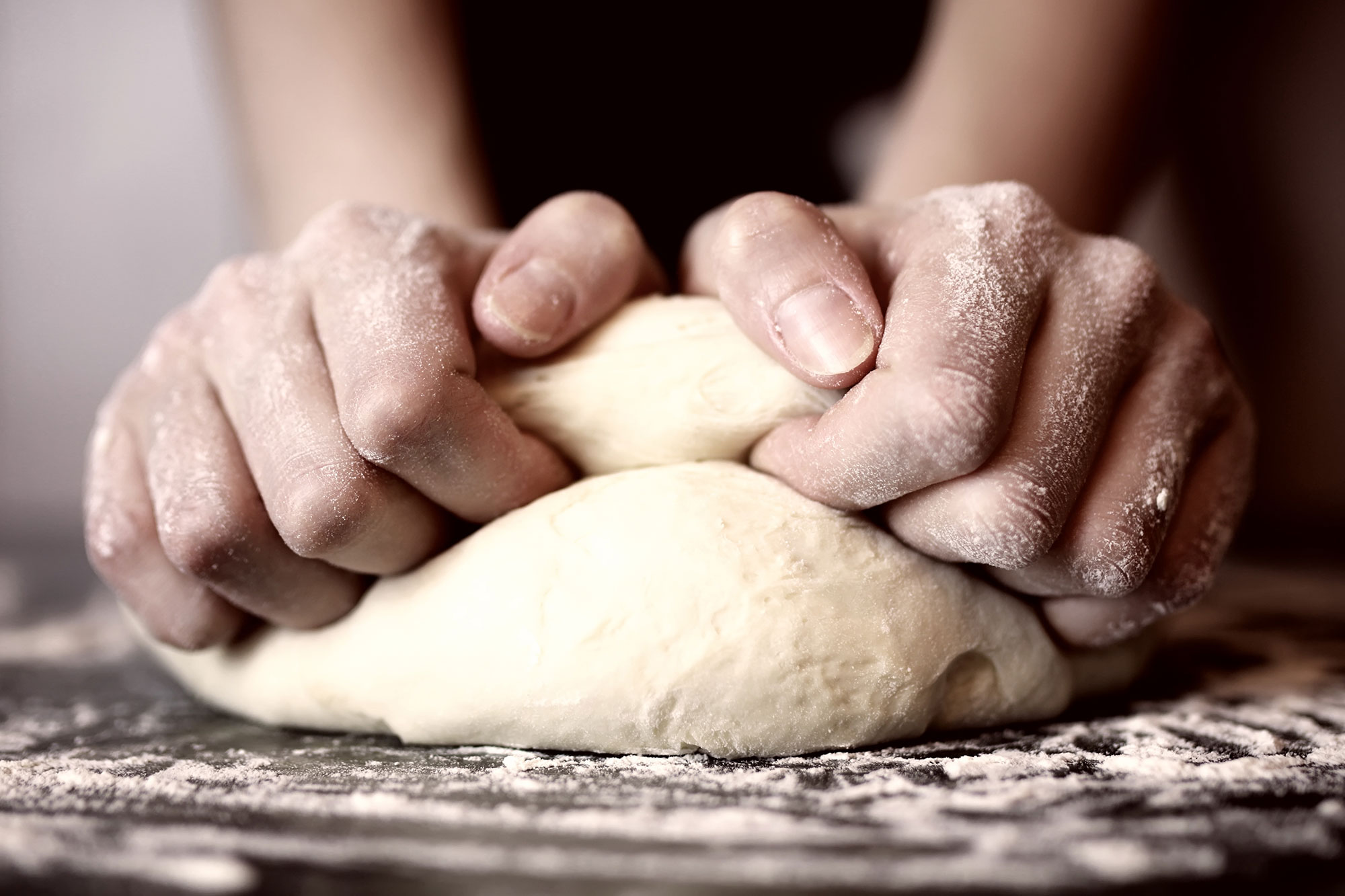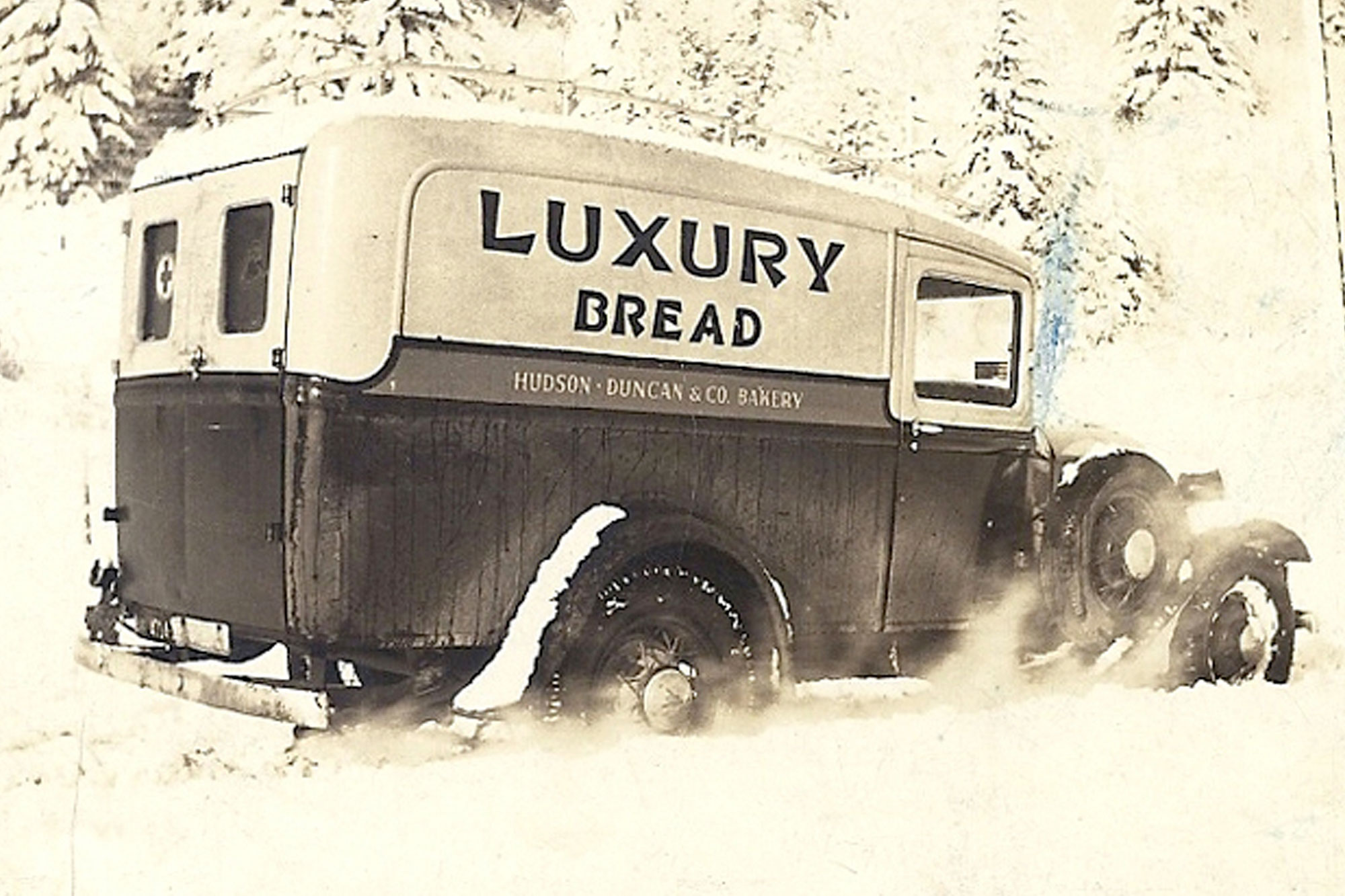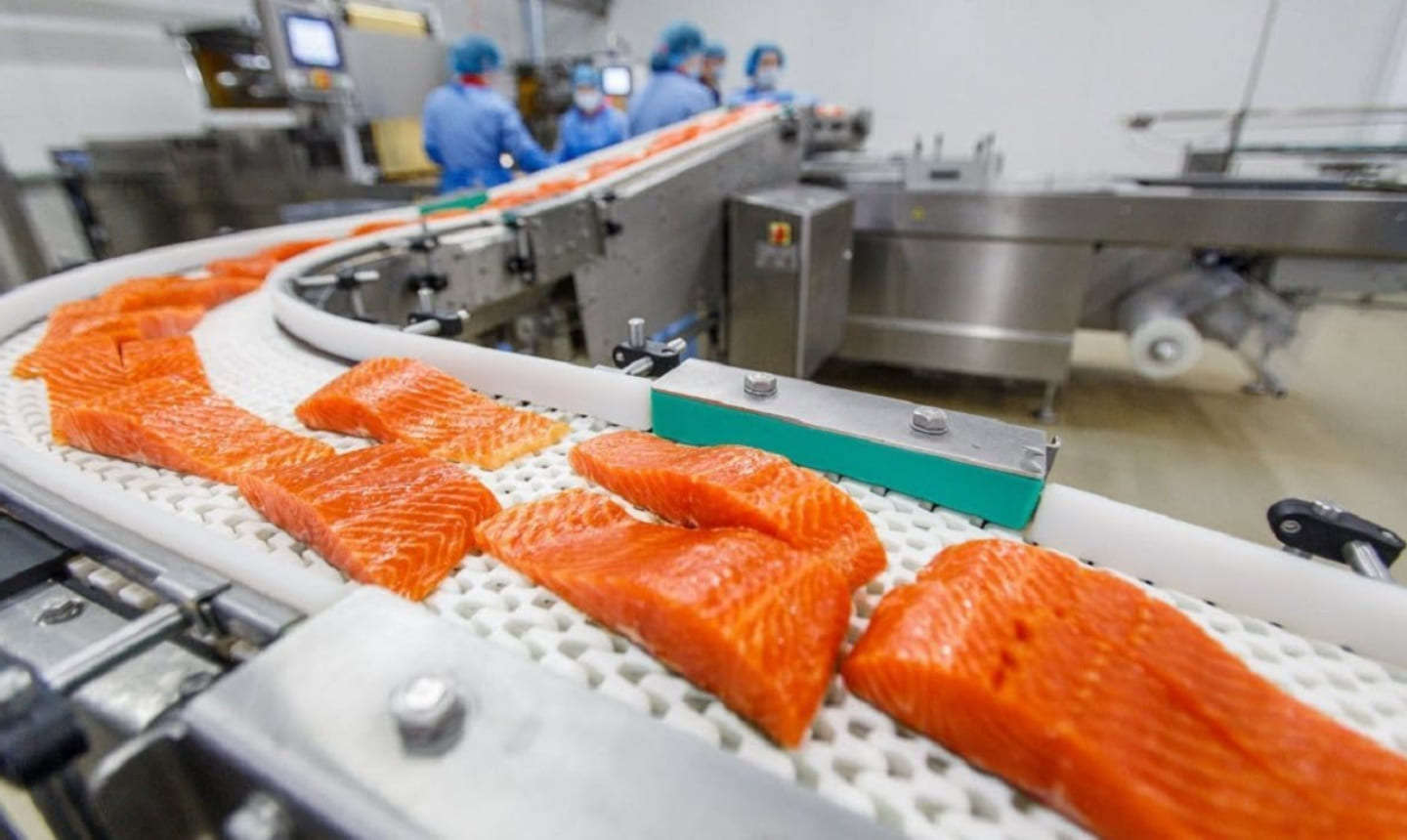
Contributed by;
Skylar Moreno
Graduate Student of Food Science | Class of 2023
University of Florida
As the demand for convenient and ready-to-eat seafood products grows, it is increasingly important for seafood finishing plants to have cleanable equipment that can ensure product safety and quality. The Lenexa Manufacturing Company is no exception, and their packaging of salmon burgers requires equipment that is specifically designed for the clean-up process. Here we will discuss the top five considerations that the Lenexa manufacturing company should keep in mind when building cleanable equipment for their seafood finishing plant.
Material selection
One of the most important aspects to consider when building cleanable equipment is the material used. It is important to select materials that are resistant to corrosion and can withstand frequent cleaning and disinfection without degrading or contaminating the food product. Stainless steel is a popular choice due to its resistance to corrosion and its ability to maintain its integrity under high temperatures.
Design for accessibility
Equipment should be designed with easy accessibility in mind. This means that all areas of the equipment should be easily reachable for cleaning and inspection. Equipment with nooks and crannies that are difficult to reach are likely to harbor bacteria and other contaminants, making the cleaning process more difficult. Additionally, equipment should be designed to be easily disassembled to allow for thorough cleaning and inspection of all components.
Sanitary design
Equipment should be designed with a focus on sanitary principles. This means that the design should minimize the risk of product contamination by incorporating features such as sloping surfaces to prevent water pooling, eliminating dead zones where bacteria can grow, and incorporating smooth, non-porous surfaces that can be easily cleaned and disinfected. Protecting the equipment from airborne contaminants, as well as the use of sealed bearings and motors to prevent the intrusion of moisture and debris are additional ways of ensuring a sanitary design.
Automation
Automated equipment can help reduce the risk of human error and improve the efficiency of the cleaning process. For example, equipment with automated cleaning cycles can help ensure consistent cleaning and sanitization, while reducing the need for manual cleaning and reducing the risk of operator error.
Training and documentation
Finally, it is important to ensure that all personnel who work with the equipment are properly trained on its operation and cleaning procedures. This includes providing documentation such as standard operating procedures and checklists to ensure that all cleaning steps are properly followed. Regular training and refresher courses should also be provided to ensure that personnel are up-to-date on the latest cleaning protocols.
In summary, the Lenexa Manufacturing Company incorporates these five considerations when building cleanable equipment for their seafood finishing plants. Material selection, accessibility, sanitary design, modularity, and automation are all important factors to keep in mind when designing equipment that will be used in the packaging of salmon burgers. At Lenexa, we prioritize cleanable equipment by using materials resistant to bacteria, designing equipment with sanitation in mind, and establishing strict cleaning protocols. By doing so, we are able to provide our customers with the best possible product and continue to be thought leaders in the industry.
References
- https://www.fda.gov/food/hazard-analysis-critical-control-point-haccp/haccp-principles-application-guidelines
- https://www.fda.gov/food/guidance-regulation-food-and-dietary-supplements/current-good-manufacturing-practices-cgmps-food-and-dietary-supplements
- https://www.fsis.usda.gov/inspection/compliance-guidance/sanitation-performance-standards-compliance-guide
- https://www.ams.usda.gov/sites/default/files/media/Designing_Food_Facilities_Planning.pdf
- https://www.ams.usda.gov/sites/default/files/media/GMPAuditStandard.pdf
- https://www.ncagr.gov/MeatPoultry/pdf/Facility%20Guidelines.pdf
